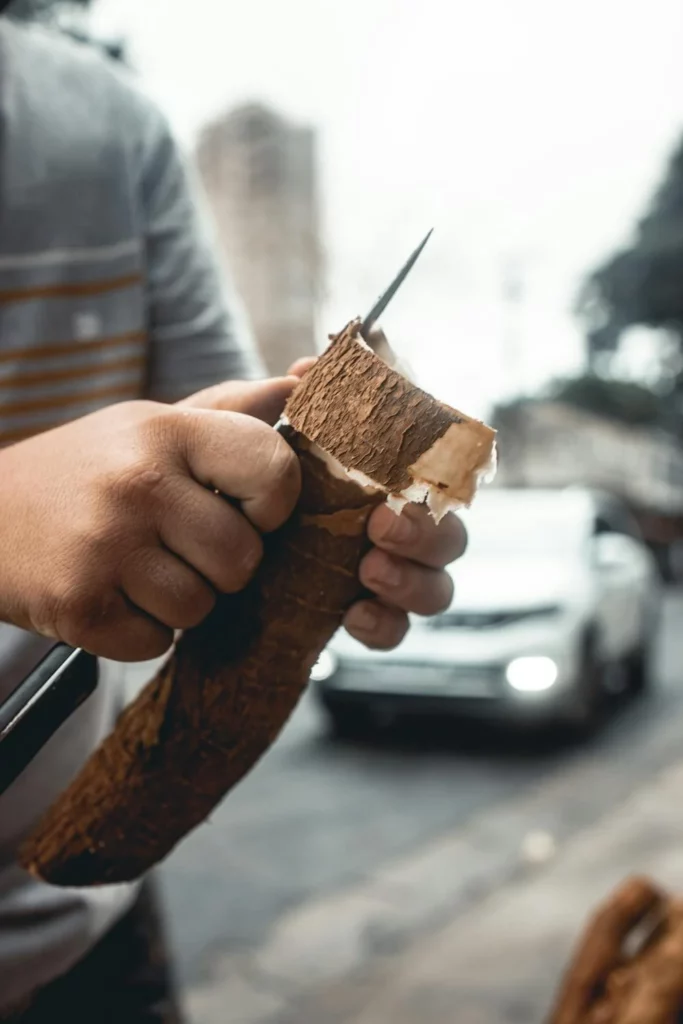When it comes to our diet, it’s crucial to be mindful of what we eat, as certain foods can greatly impact our health. While many foods contribute to a healthy, balanced diet, some foods, like cassava, are considered dangerous if not prepared properly.
Cassava, a root vegetable native to Central and South America, is rich in Vitamin C and copper and is commonly used in tropical regions much like potatoes. It’s highly popular in countries such as Nigeria, Thailand, and Indonesia, where it is a staple in many diets.
Despite being consumed by an estimated 500 million people worldwide, cassava is considered “the world’s deadliest food” due to the risks it poses when consumed raw or improperly prepared.
The Deadly Risks of Cassava
Cassava contains cyanogenic glucosides, compounds that protect the root from pests and animals. While these compounds are harmless when the cassava is processed correctly, improper preparation can lead to dangerous levels of cyanide exposure, which can cause acute poisoning and diseases such as konzo.
According to the World Health Organization (WHO), around 200 people die annually from consuming improperly prepared cassava, earning it the title of the world’s deadliest food.
Konzo and Cyanide Poisoning
One of the most severe outcomes of consuming improperly prepared cassava is cyanide poisoning, which can lead to a condition called konzo. Konzo is an irreversible neurological disorder that results in sudden onset paralysis, typically in the lower limbs. It primarily affects regions suffering from extreme poverty, and outbreaks often occur during times of famine and war.
Safe Consumption of Cassava
Fortunately, cassava can be made safe to eat if prepared properly. Soaking peeled cassava in water for 24 hours before cooking, or boiling and drying it in the sun, can significantly reduce the cyanogenic glucoside content, making it safe for consumption. When prepared correctly, cassava provides a significant source of carbohydrates, fiber, vitamins, and minerals.
While cassava can be deadly when mishandled, it remains an important dietary staple in many parts of the world. Ensuring proper preparation is key to reducing the risks associated with this widely consumed root vegetable.
Please share this article with your family and friends to raise awareness about the dangers of cassava and the importance of proper food preparation.




